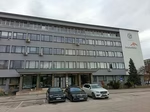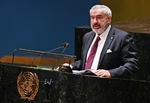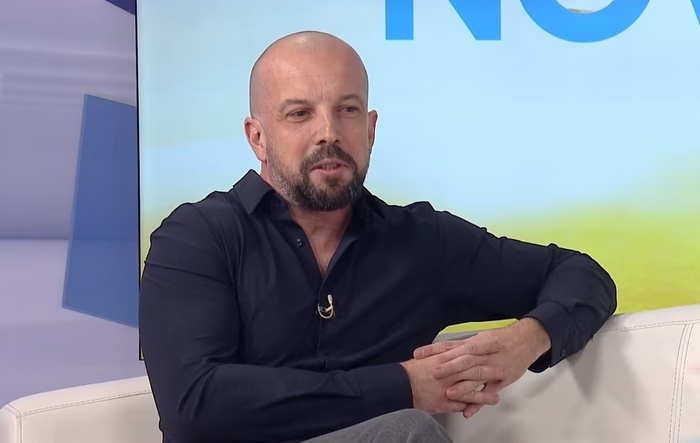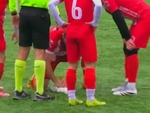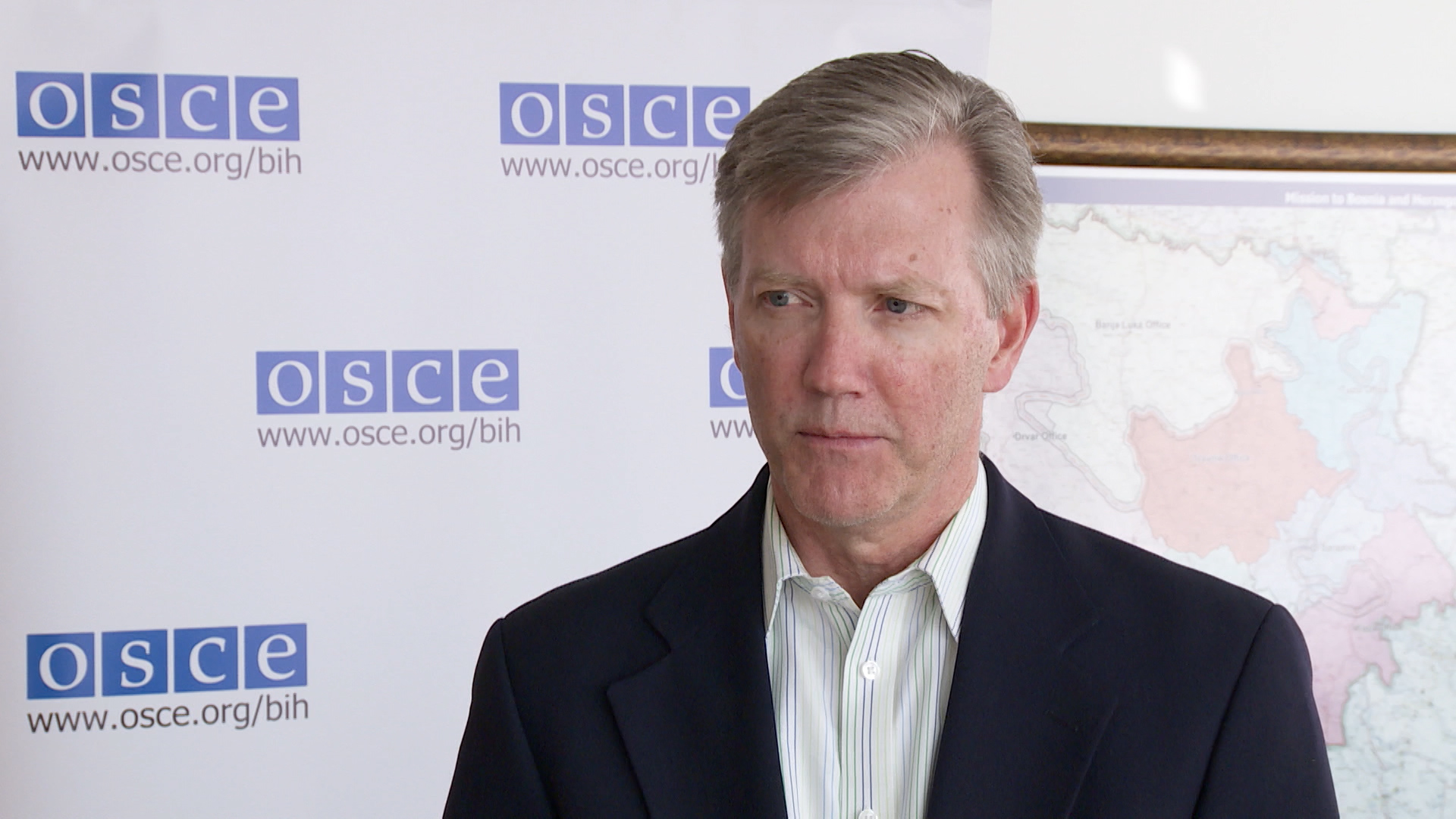
Thousands of suspects are still awaiting trial, the pace of war crimes processing is slow and the conviction rate is too low, the outgoing Head of OSCE Mission to Bosnia Bruce Berton said regarding Bosnia's judiciary, expressing concern about political influences on the country's top judicial body - the High Judicial and Prosecutorial Council ( HJPC).
"Victims and their families need to see justice in these cases. The pace of case resolution is too slow, the percentage of convictions is too low and even the things the Prosecutor's Office promised to do were not done in accordance with the agreement we had," Berton who is at the end of his two-year mandate, told Balkan Investigative Reporting Network (BIRN).
In order to improve the work of the Prosecutor's Office on war crimes cases, the OSCE issued several recommendations, most of which refer to better prosecutorial management, clearer distribution of work, and the elimination of deficiencies when writing indictments, he said and added:
"We recommended the re-establishment of regional teams that previously existed, in order to retain the expertise in specific areas in the country. I also think that part of the problem is management, and part of the problem is definitely the quality of indictments, so I think that there lies a problem,” Berton explained.
According to him, Bosnian judiciary also achieved inadequate results in the prosecution of corruption, especially the State Prosecutor's Office and the Special Prosecutor's Office in the Serb dominated Republika Srpska (RS) entity.
"In our recent report, we made 15 specific proposals on how to improve the situation, and I am sorry to say that, of those 15 proposals, 13 of them were poorly implemented or not implemented at all," he said.
Berton specifically highlighted the challenges at the HJPC – that monitors and disciplines judges and prosecutors in the country, which he said has become "undoubtedly politicized."
"Currently it's not possible to talk about the HJPC as an institution free of political influence. Recently our Mission, in cooperation with the European Union and the US Embassy, sent a letter to the HJPC aimed at addressing the issues of transparency and accountability especially concerning the practice of naming of prosecutors and judges, which did not always seem to be merit-based, the issues regarding prosecutors and judges' performance evaluations, as well as transparency regarding property records, so everyone would report what property they own,” Berton said.
The judiciary has a strained relationship with some media outlets, he noted adding that if he were them he would stop constantly defending themselves when experiencing criticism, and accept those criticisms and talk to the media and the people criticising them, and thus rebuild the citizens' damaged confidence.
Kakvo je tvoje mišljenje o ovome?
Učestvuj u diskusiji ili pročitaj komentare





 Srbija
Srbija
 Hrvatska
Hrvatska
 Slovenija
Slovenija











